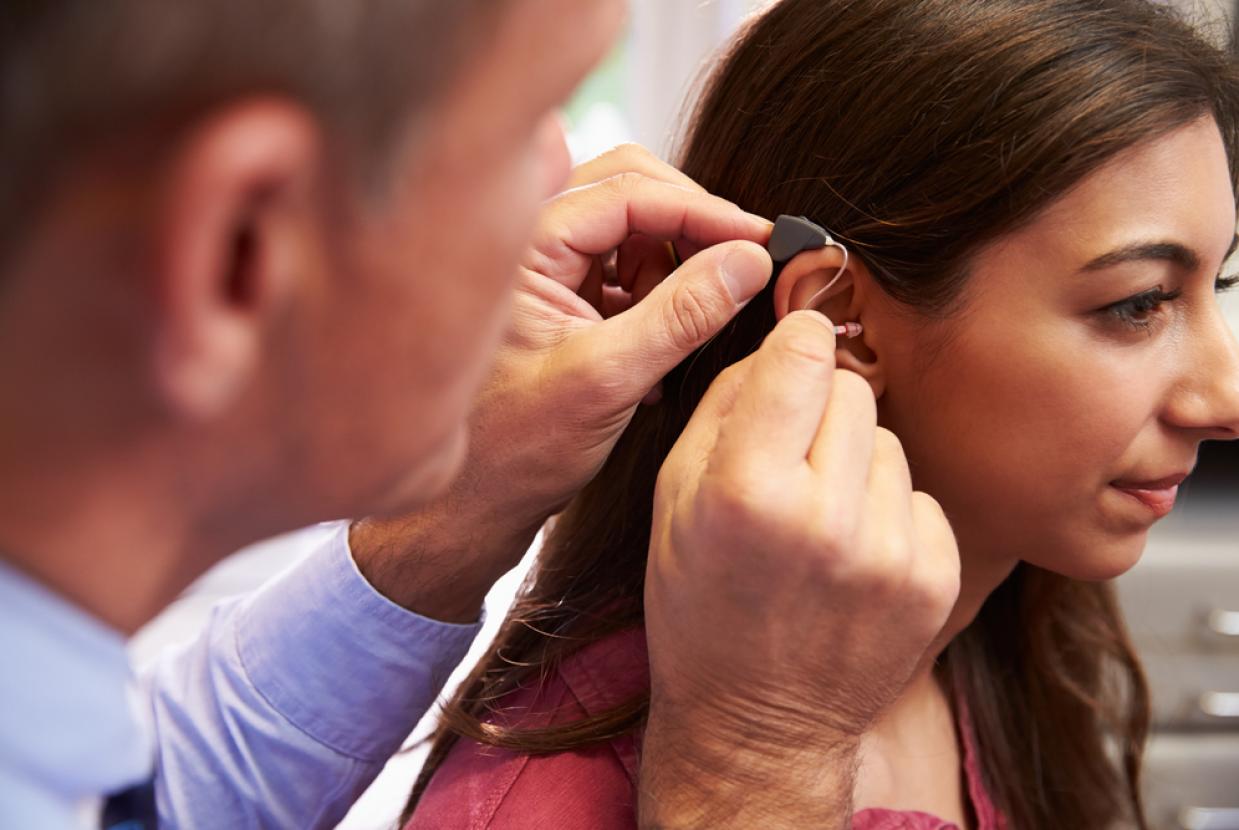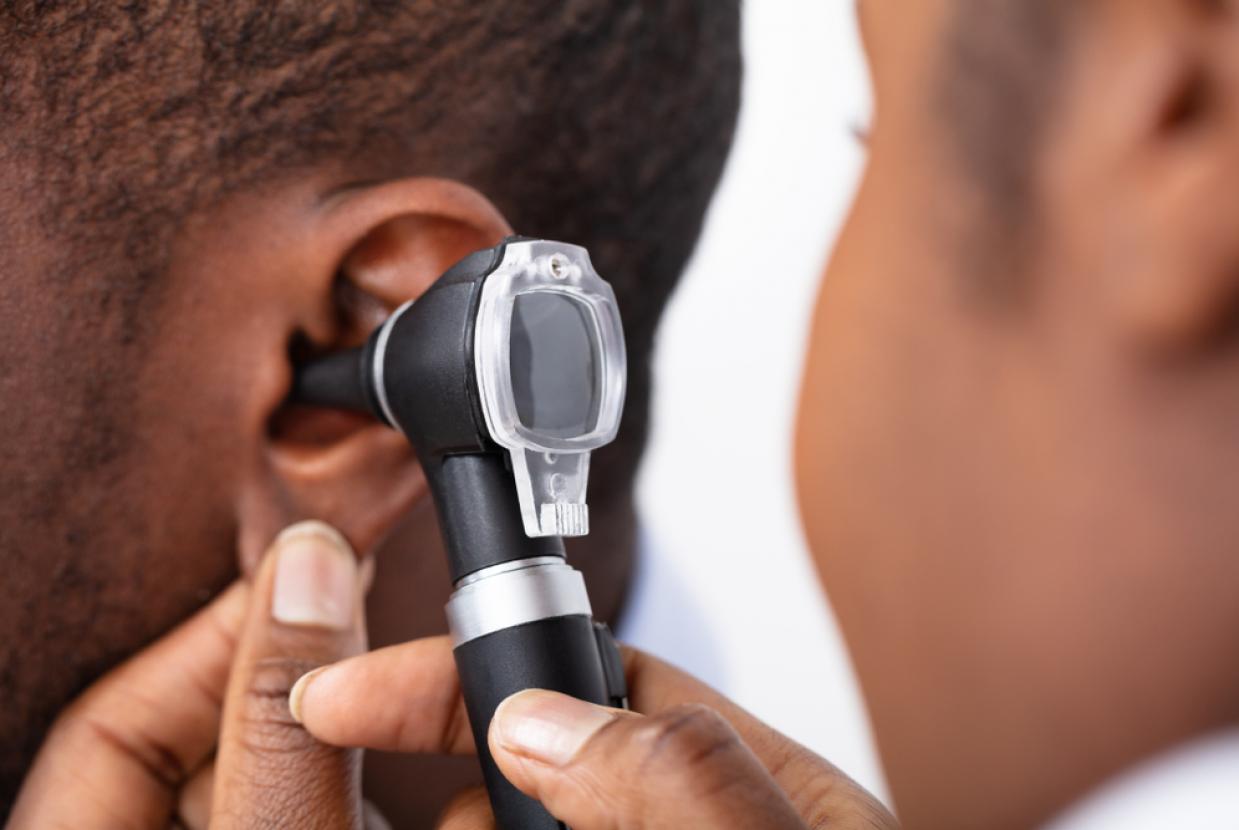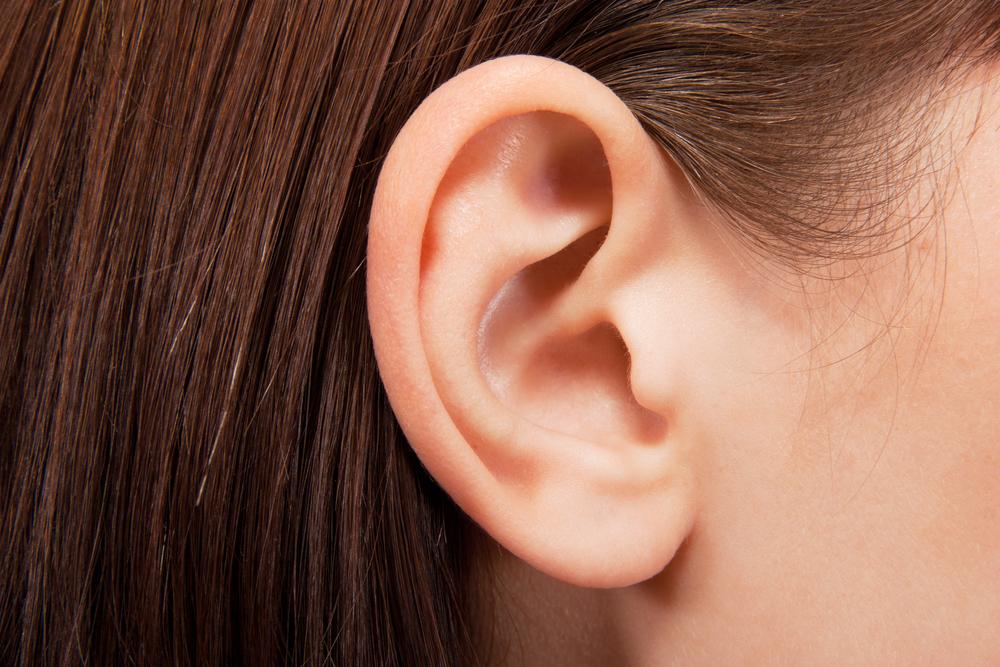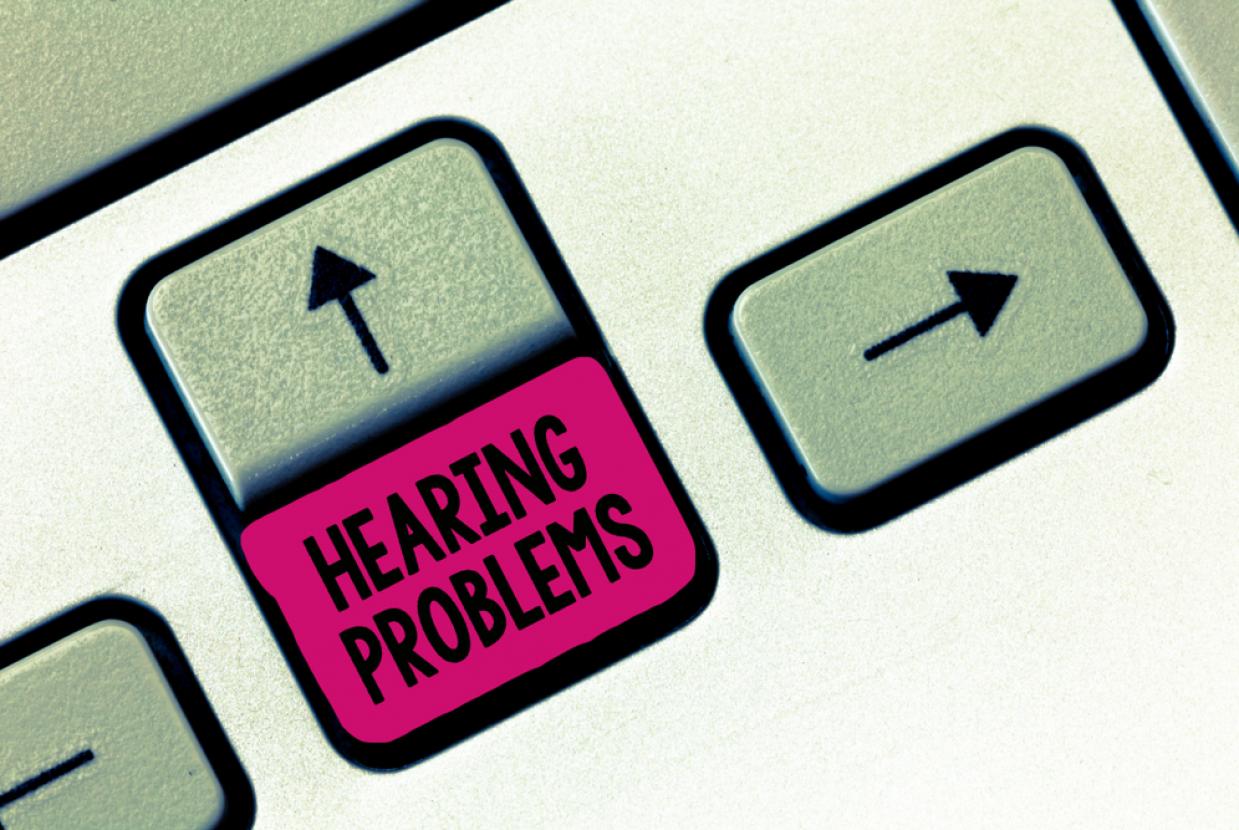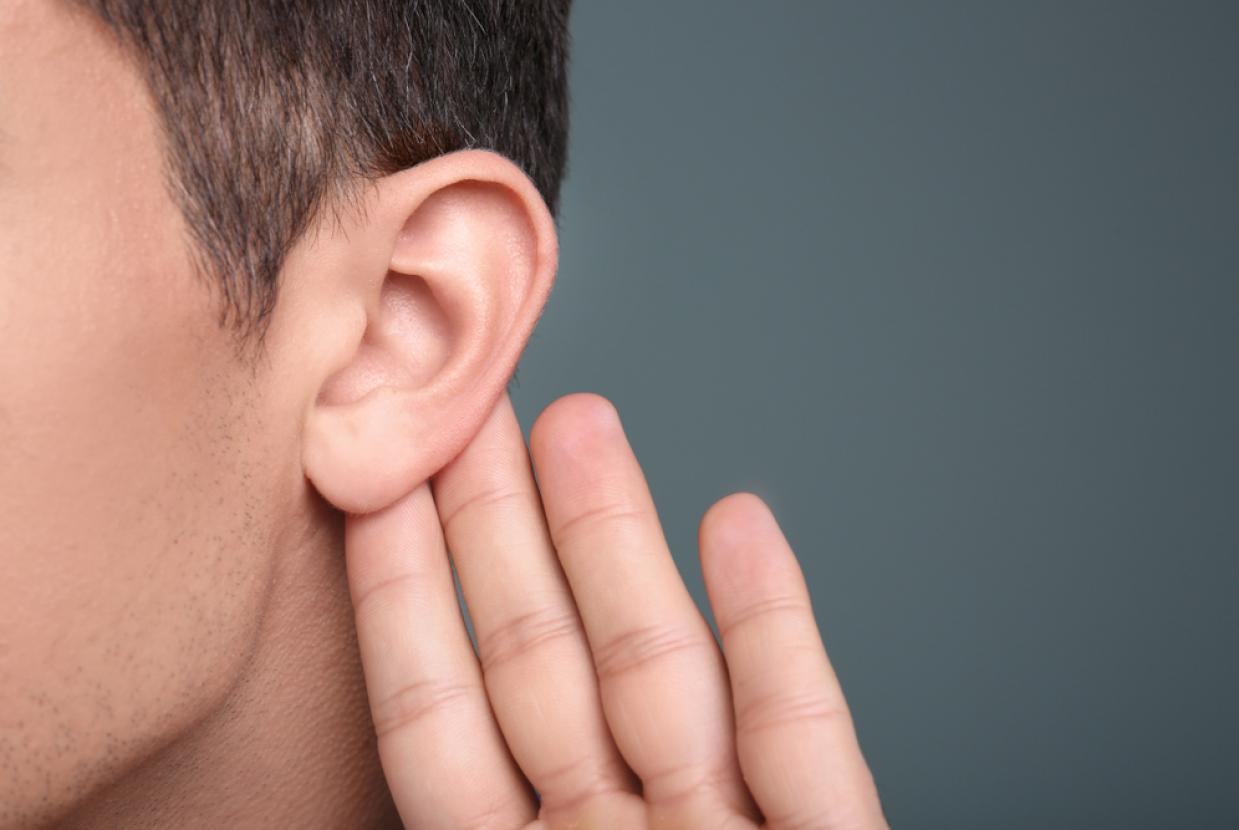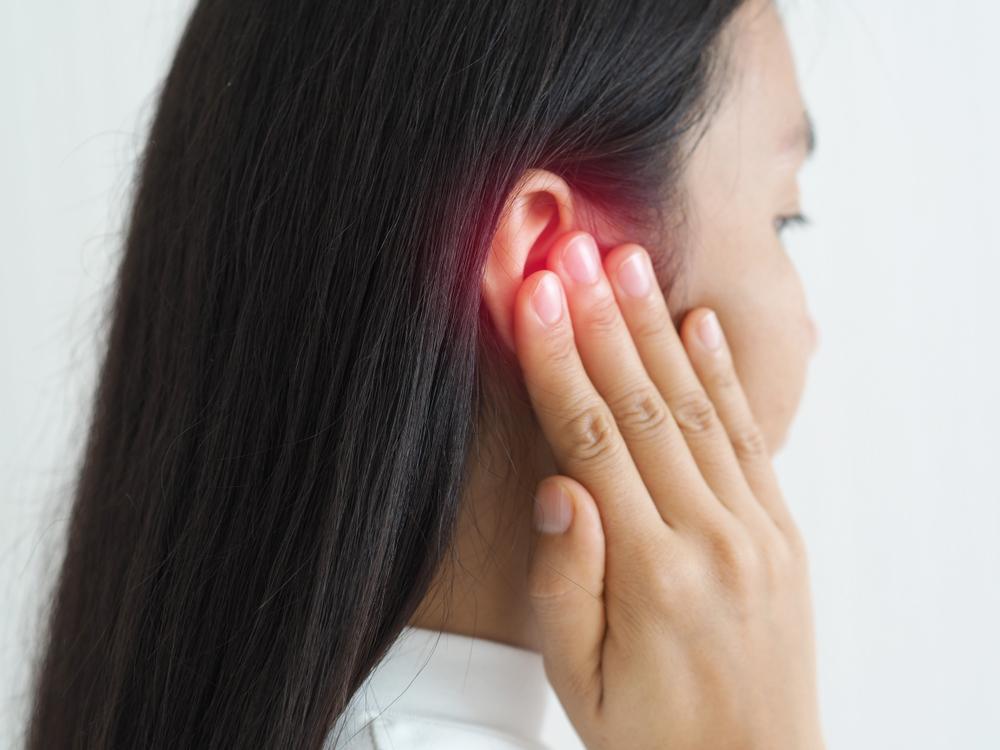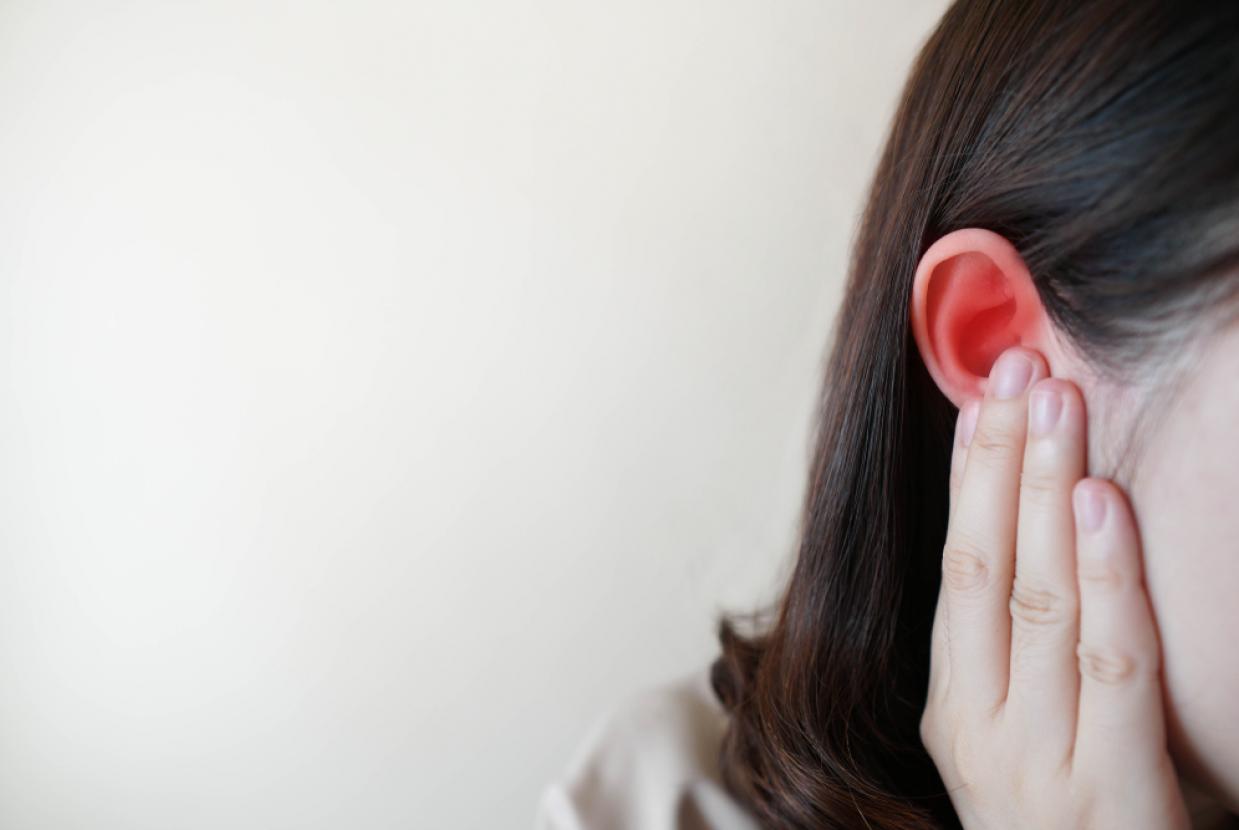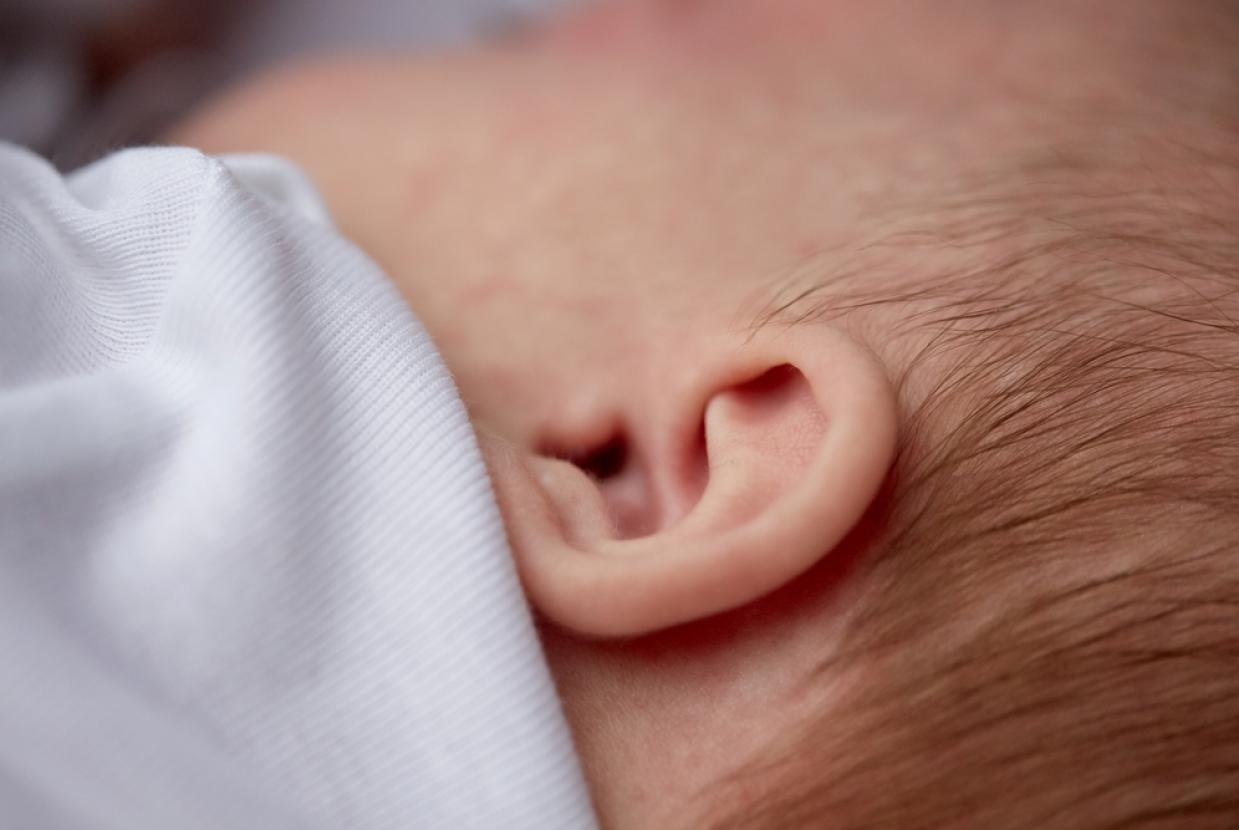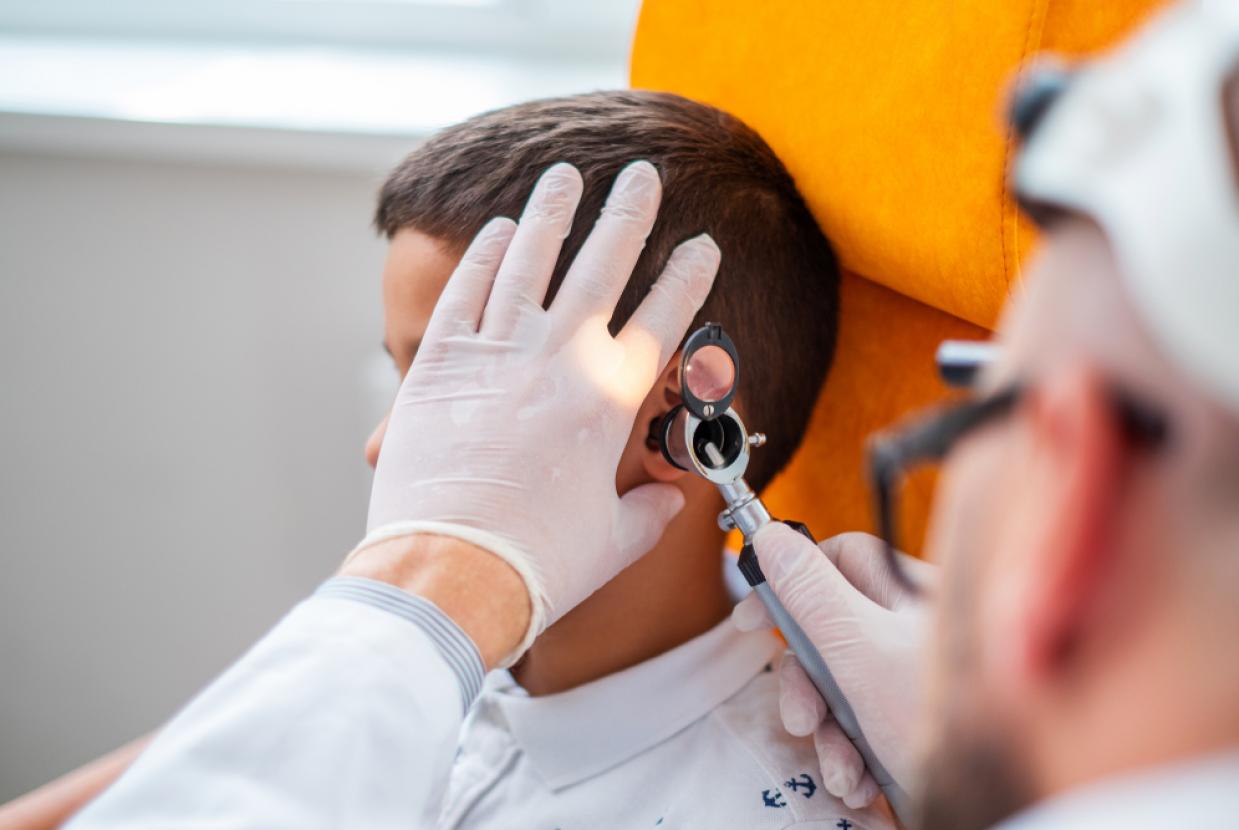Causes Of Tinnitus
We don’t know what causes tinnitus in all cases, but we know it is often linked to hearing loss and some other ear-related conditions.
But this is not the whole story. Some people with tinnitus do not have hearing loss, and many people with hearing loss don’t have tinnitus.
Sometimes, but uncommonly, tinnitus can be linked to other medical conditions:
- head or neck injuries
- cardiovascular disorders, such as high blood pressure
- underactive thyroid (hypothyroidism) and diabetes
- certain medications that are used to treat serious illnesses such as cancer.
For some people, tinnitus doesn’t appear to be linked to any particular cause.
Tinnitus and hearing loss
Many people with tinnitus also have hearing loss. We don’t know exactly why this is, but it’s thought that a temporary or permanent change to the hearing system can cause someone to experience tinnitus.
The cochlea (organ of hearing) in the inner ear detects sound vibrations and sends the information along the auditory (hearing) nerve to be processed by the brain. When the cochlea or auditory nerve become damaged or don’t work properly, the number of electrical signals usually sent to the brain is reduced. Research has shown that the hearing part of the brain then ‘fills in the gaps’ of the sounds that are expected to come from the ear. This could create the sensation of sound that we know as tinnitus.
Read about the types and causes of hearing loss and deafness
What’s more, if you have hearing loss, you may be more aware of tinnitus. This is because you won’t hear as many environmental sounds that could otherwise help distract you from it. In this case, using hearing aids, or cochlear implants if your hearing loss is severe to profound, may help with both hearing loss and tinnitus.
Stress and tinnitus
There’s a known link between stress and tinnitus. Any source of stress can be a trigger for tinnitus or make it worse. And some people, though not all, find that tinnitus makes them feel stressed and anxious. These feelings aren’t always caused by tinnitus, but they can be made worse by it.
So, a vicious circle can develop: stress can make tinnitus worse, which can lead to greater stress and anxiety. There are tinnitus therapies specifically designed to help break this cycle.
If you think you have hearing loss, you can take our free online hearing check. It takes up to 3 minutes and will suggest whether your hearing is in a normal range or whether you may have hearing loss.












